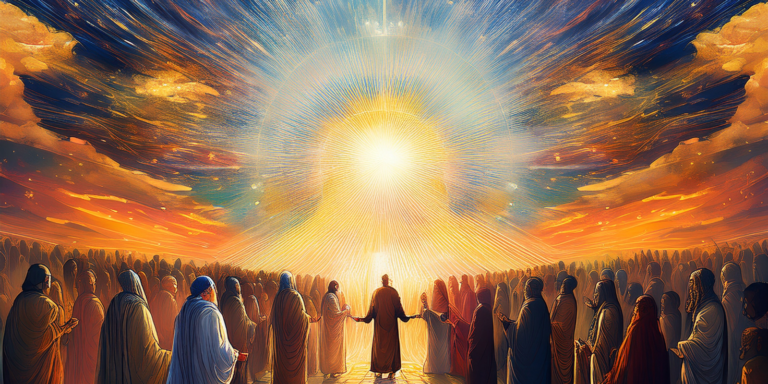Psalm 1 and Two Ways
We often read the Psalms legalistically, i.e. all the discussion of the law leads us to believe we’re talking about some sort of righteousness by works, or better earning God’s favor through accomplishing certain works.
If we read Psalm 1 as a sort of flat discourse rather than as structured poetry, we can easily read it in support of such a mission. After all, righteous people who do certain things are blessed, and wicked people who do certain other things are not.
But Psalm 1 is, in fact, structured poetry, and it does not intend to make a catalog of good actions that one should do in order to be regarded as righteous. Rather, it contrasts two ways of life. The first is the way of life of the righteous person, and the other the way of life of the wicked, characterized by a lack of what the righteous person has. That particular element is torah or instruction?God’s instruction. The work of God’s Torah in the life of the righteous is not complete. He meditates in that instruction day and night. The Torah forms these righteous people into a community united in following that particular way.
This contrast is emphasized by the use of ki’ ‘im in Hebrew, which occurs only here in the Psalter (Bob MacDonald, Seeing the Psalter, forthcoming from my company Energion Publications, 2013).
In contrast, without that Torah, the wicked are like chaff and are blown away by the wind. They lack that community and therefore they lack its blessings.
This is not about admission requirements. This is about the choice of the way. It evokes Deuteronomy 30:15ff. “See, I have set before you today life and prosperity, death and adversity …” This comes not from a sermon preached to the already righteous, but rather from an invitation to people who had need of that Torah. It was an act of God’s grace.
In the same way this invitation to contrasting ways of life comes to each one of us.




